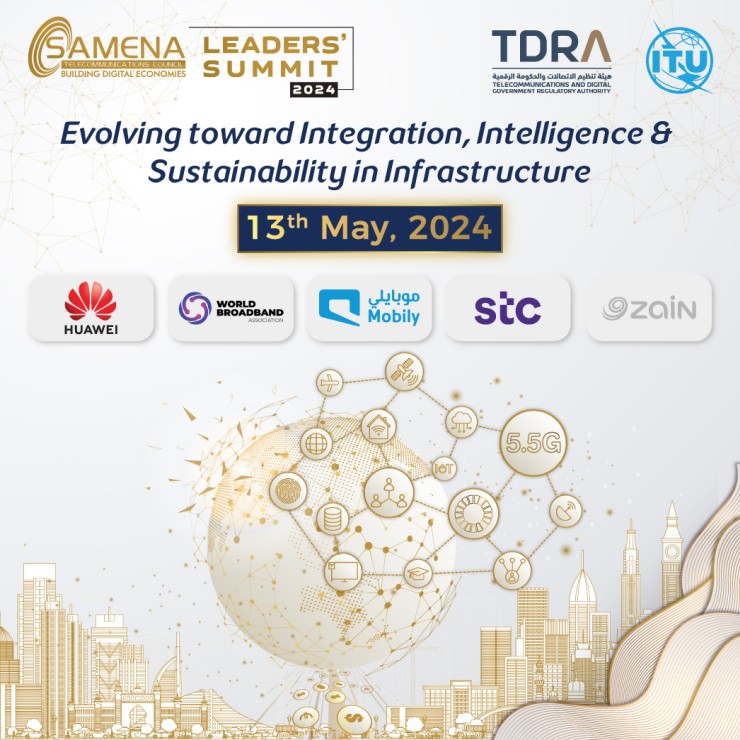Huawei has unveiled its Net Zero Campus Framework, a comprehensive guide for campuses to develop a roadmap to net zero carbon emissions by leveraging Huawei's expertise in campus solutions. The framework helps campuses assess their current situation and plan their transition to clean energy sources while meeting the growing demand for digital services and data processing.
The Net Zero Campus Framework helps advance sustainable development, a major priority for regional governments. Over 130 countries, covering 83% of global emissions, have acknowledged the need for urgent action to combat climate change and its impacts. These include all the countries in the Middle East and Central Asia region.
The framework was introduced in a white paper developed with GlobalData, a leading data analytics and consulting company and was released during the Huawei Middle East and Central Asia Tech Carnival 2023 in Almaty, Kazakhstan. The event's theme was 'Leading Digital Infrastructure for New Value Together'. At the event, Huawei showcased its leading digital infrastructure for creating 'New Value Together' with its government and enterprise customers, partners, universities, analysts and the media.
Safder Nazir, Senior Vice President, Public Sector at Huawei Middle East and Central Asia, said, "Climate change is the critical challenge facing humanity. To facilitate fundamental change, national and local governments must actively address both the energy and information revolutions that converge into what is known as the fifth industrial revolution (5IR). As campuses form the building blocks of cities, the Huawei Net Zero Campus Framework helps campuses define their action roadmap toward net zero. But that is only the beginning - net zero campuses will provide islands of net zero, spreading and combining to provide net zero cities, enabling countries to better achieve their stated targets for reaching a net zero future."
A net zero energy campus is a campus that produces as much energy as it consumes from renewable sources, such as solar, wind or biomass, typically measured over a year. Net zero campuses can reduce energy costs, improve space efficiency, enhance service experience and security, and support innovative industry development. They can also contribute to building environmentally conscious cities and achieving national and global climate goals.
Mohamed Al Breiki, Executive Director of Sustainable Real Estate at Masdar City, said, "The white paper presented here provides a platform for all sectors of society to address sustainable urban development needs. We hope that Masdar City, and all we have learned while creating it, will act as a "green print" for other cities that want to be part of the solution to climate change. We will continue to help create a future where net zero is the norm rather than the exception and will never stop striving for better – the future depends on it."
The Huawei Net Zero Campus Framework recommends a stepwise approach towards a net zero campus. This could begin with a combination of smart campus – i.e., addressing campus operations, along with net zero energy. A smart campus solution delivers an integrated experience while supporting a collaborative work environment, while the net zero energy campus implements key energy initiatives. These include reducing energy consumption, generating energy onsite, and actively managing energy consumption and energy trading.
Finally, there is the net zero carbon campus which strives to achieve a balance between the carbon emitted into the atmosphere and the carbon removed from it. This balance – or net zero – will happen when the amount of carbon we add to the atmosphere is no more than the amount removed.
In June 2022, Huawei was named a World Summit on the Information Society (WSIS) 2022 champion for its intelligent Net Zero Campus solution at the Yancheng Campus in China. The WSIS event was co-organized by the ITU, UNESCO, and UNDP.
Huawei's vision and mission is to bring digital to every person, home and organization for a fully connected, intelligent world. In pursuit of this objective, Huawei has developed its sustainability strategy, positioning sustainability as one of its priorities and incorporating it into its overall development strategy.
With this in mind, Huawei solutions have helped customers generate over 443 billion kWh of sustainable power and save 13.6 billion kWh of electricity, reducing 210 million tons of carbon dioxide emissions, equivalent to planting 290 million trees.
"Huawei remains committed to supporting the net zero policies and emissions reductions strategies that governments in the ME & CA countries are pursuing. Working closely with our regional and global partners, we are helping industries and countries pursue their decarbonization goals and protect the environment for future generations," Nazir concluded.
The full whitepaper can be downloaded here
Source: Press Release
